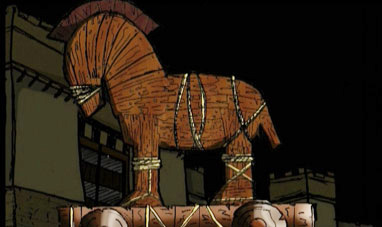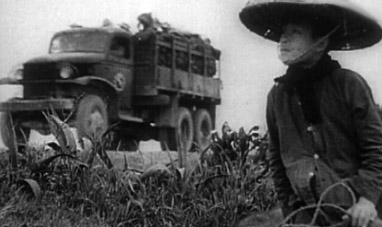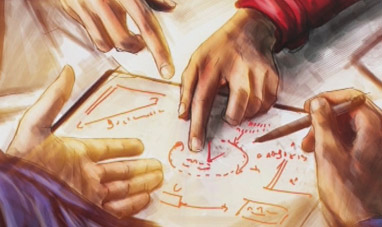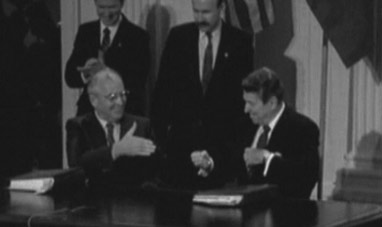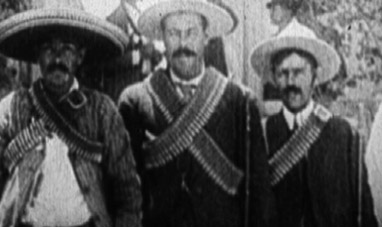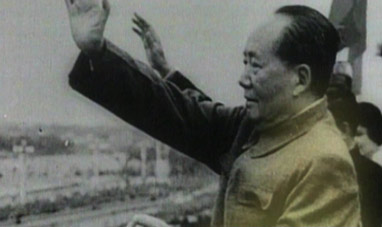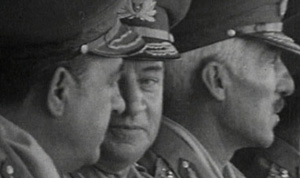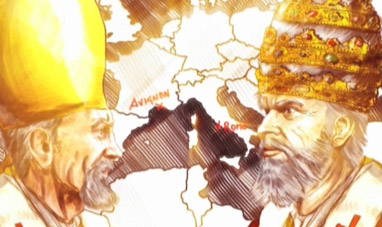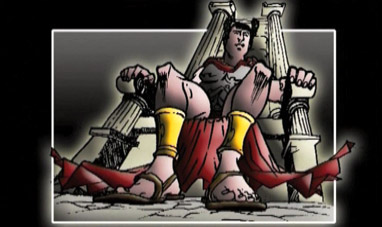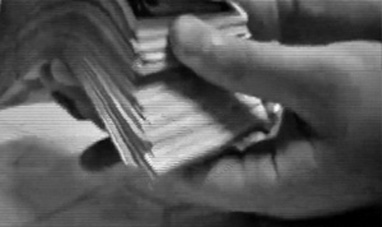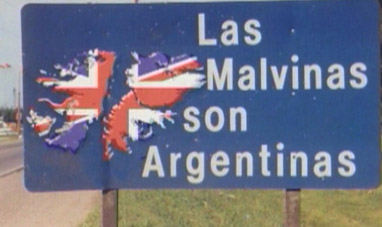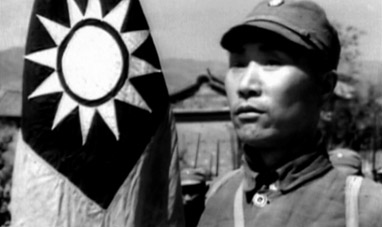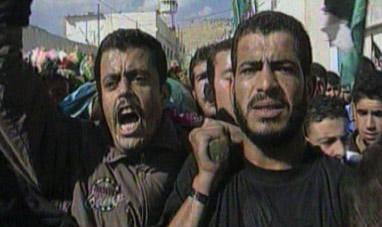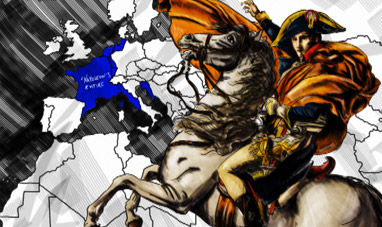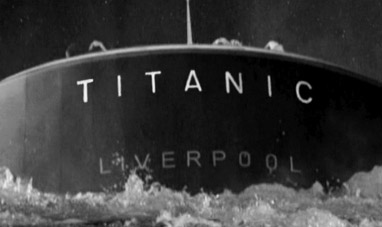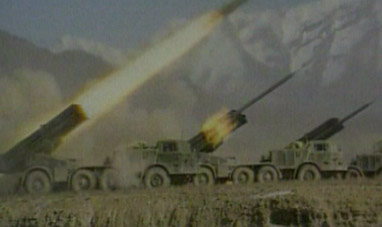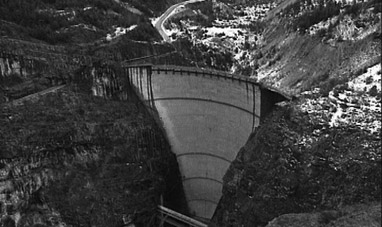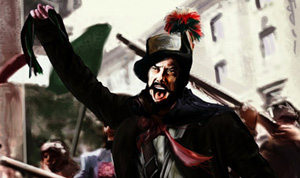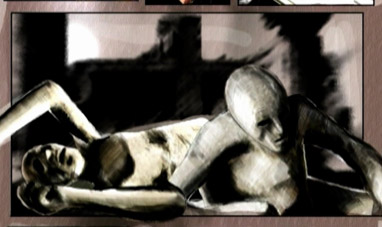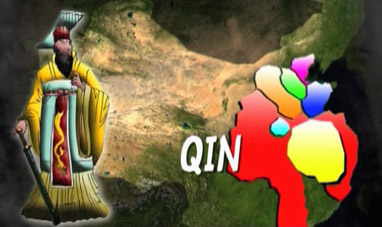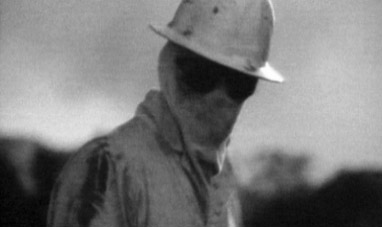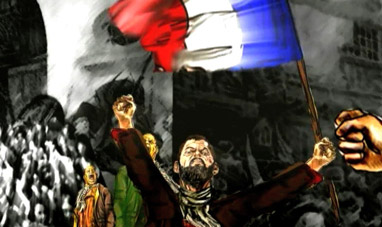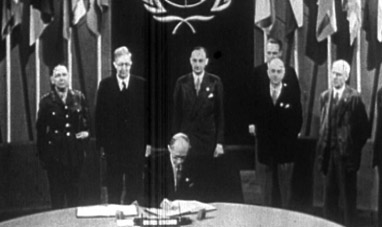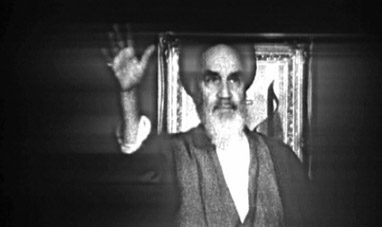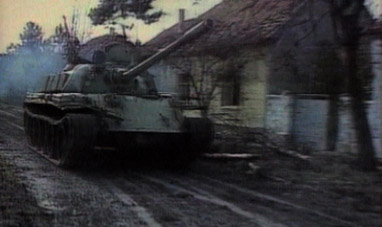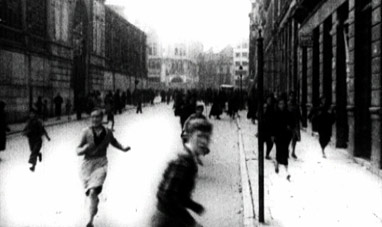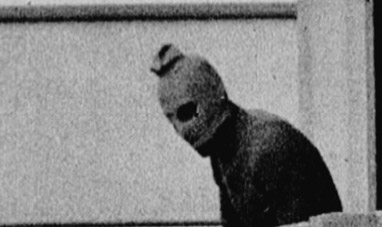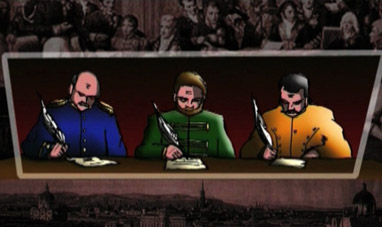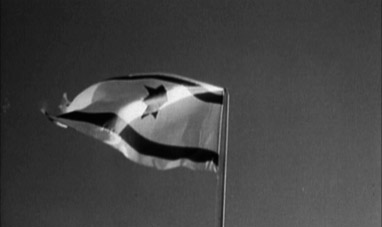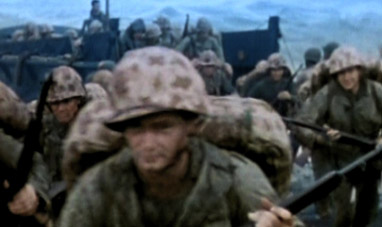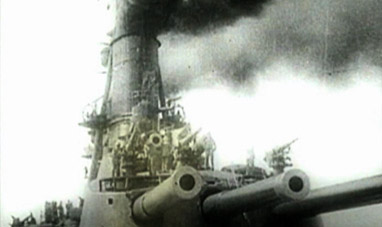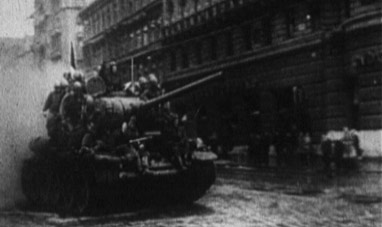The Third Italian War of Independence took place in 1866 and saw Italy ally with Prussia in the war against Austria. With the pact’s proclamation on March 17th, 1861, the Italian state was born. Vittorio Emanuele II became the king of the Italian states which, up to that point, had been dominated by monarchies . Veneto and Rome , however, were excluded from the unification due to Austria’s control of northern Italy and the Roman territories ruled from the Papacy. The German state of Prussia was aware of the tensions provoked by Austria’s presence in Veneto, and the Italian Government was seeking an ally against Austria. The conflict between Austria and Italy was seen as an obstacle to complete unification for both countries.
On 8th April 1866 Alfonso La Marmora, the President of the Council, entered into an agreement with Otto von Bismarck, the Prussian Prime Minister. Italy would now vow to support Prussia in the case of war against Austria. Austria soon realized the brewing threat and offered the transfer of Veneto back to Italy as an olive branch. Faced with a difficult choice, La Marmora tried to stall and decided not to support a war against either Prussia or Austria. Prussia, on the other hand, would not wait and on June 12th, cut all ties with Austria and invaded some of its territories four days later. Italy finally joined the battle on June 23rd.
The Italian army was divided into two parts, one led by Vittorio Emanuele II, flanked by La Marmora, and the other led by General Enrico Cialdini. La Marmora and his generals hatched a plan of attack consisting of two separate military interventions in two different areas of the Lombardo-Veneto. Communication between the forces, however, was poor and the lack of coordination sufficiently weakened La Marmora’s grand plan. On June 24th, Italy suffered a major defeat at Custoza, in the province of Verona.
On July 20th, Italy was dealt another blow at the island of Vis, off the coast of Dalmatia. Italian general Carlo Persano’s forces were beaten back and subsequently defeated by the Austrian fleet on the island.
Meanwhile, General Giuseppe Garibaldi’s volounteer army, who had been entrusted with military actions in Trentino, were wining important victories over the Austrians. On August 8th, however, the government commanded Garibaldi to withdraw from Trentino . Reluctantly, Garibaldi’s response to the Government was his famous quote " obey.” A peace treaty was signed in Vienna on October 3rd, 1866 and the agreement provided for the delivery of Veneto, but not Trentino, back to Italy. By the end of the war, Italy’s desire for unification had been emboldened, making the Third War for Independence another crucial step on the path to full national unity.
On 8th April 1866 Alfonso La Marmora, the President of the Council, entered into an agreement with Otto von Bismarck, the Prussian Prime Minister. Italy would now vow to support Prussia in the case of war against Austria. Austria soon realized the brewing threat and offered the transfer of Veneto back to Italy as an olive branch. Faced with a difficult choice, La Marmora tried to stall and decided not to support a war against either Prussia or Austria. Prussia, on the other hand, would not wait and on June 12th, cut all ties with Austria and invaded some of its territories four days later. Italy finally joined the battle on June 23rd.
The Italian army was divided into two parts, one led by Vittorio Emanuele II, flanked by La Marmora, and the other led by General Enrico Cialdini. La Marmora and his generals hatched a plan of attack consisting of two separate military interventions in two different areas of the Lombardo-Veneto. Communication between the forces, however, was poor and the lack of coordination sufficiently weakened La Marmora’s grand plan. On June 24th, Italy suffered a major defeat at Custoza, in the province of Verona.
On July 20th, Italy was dealt another blow at the island of Vis, off the coast of Dalmatia. Italian general Carlo Persano’s forces were beaten back and subsequently defeated by the Austrian fleet on the island.
Meanwhile, General Giuseppe Garibaldi’s volounteer army, who had been entrusted with military actions in Trentino, were wining important victories over the Austrians. On August 8th, however, the government commanded Garibaldi to withdraw from Trentino . Reluctantly, Garibaldi’s response to the Government was his famous quote " obey.” A peace treaty was signed in Vienna on October 3rd, 1866 and the agreement provided for the delivery of Veneto, but not Trentino, back to Italy. By the end of the war, Italy’s desire for unification had been emboldened, making the Third War for Independence another crucial step on the path to full national unity.



